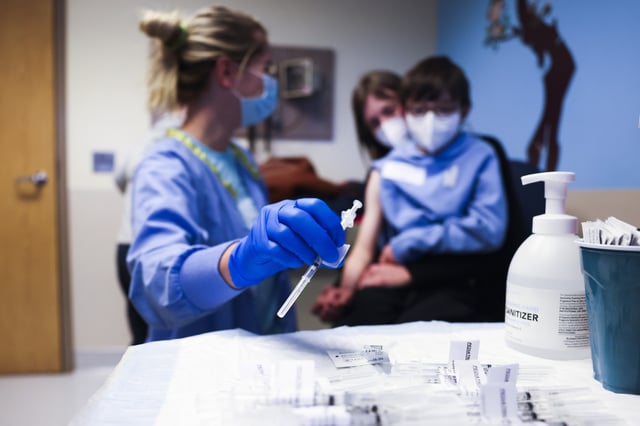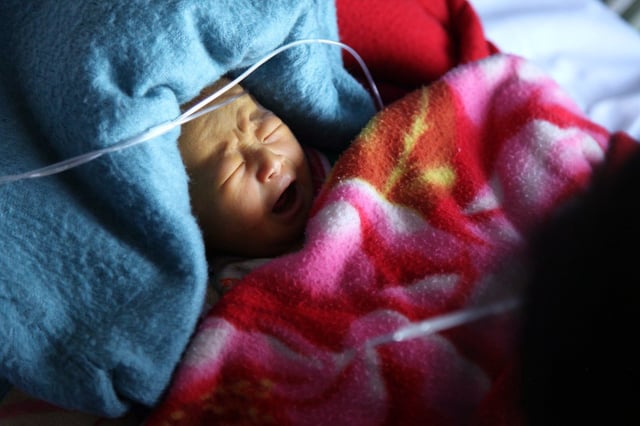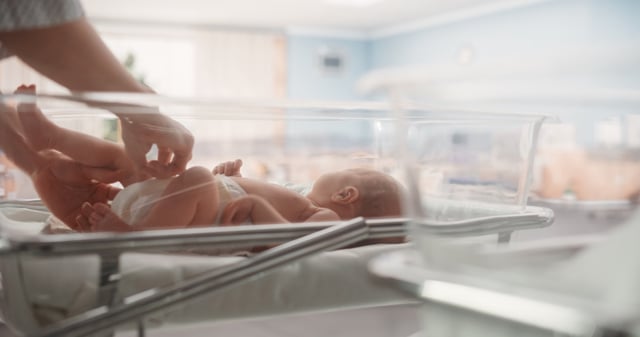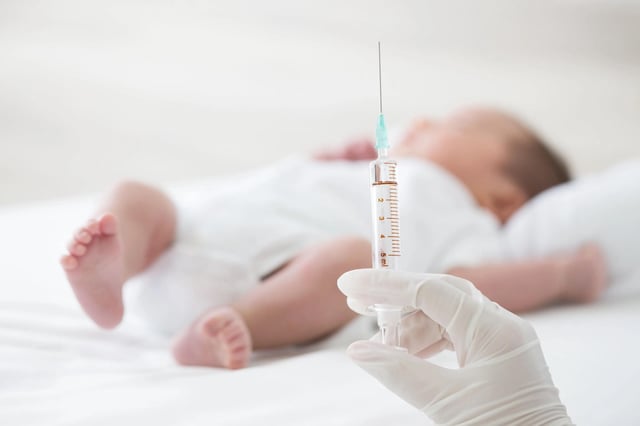Overview
- The CDC reported a 45–52% decline in RSV hospitalizations for U.S. infants aged 0–2 months during the 2024–2025 RSV season, with a 71% drop when Houston data were excluded.
- A real-world study in Madrid found that nirsevimab reduced infant RSV hospital admissions by 78%, with an 87% immunization coverage rate achieved in maternity wards.
- Maternal vaccination with Abrysvo, administered late in pregnancy, was shown to reduce RSV hospitalizations by 68% at three months and 57% at six months of age.
- Despite the success of these interventions, logistical and financial barriers, including the high cost of stocking nirsevimab, have led to uneven uptake in some hospitals and clinics.
- Experts emphasize the need to expand access to these tools to ensure broader protection for infants, given RSV's status as the leading cause of infant respiratory hospitalizations worldwide.



